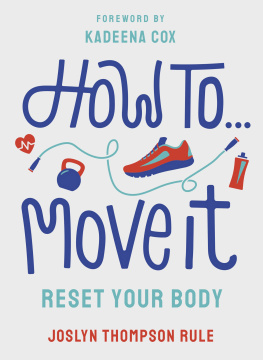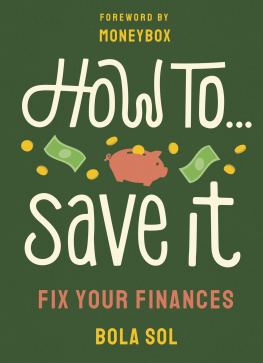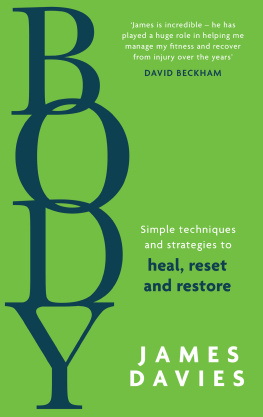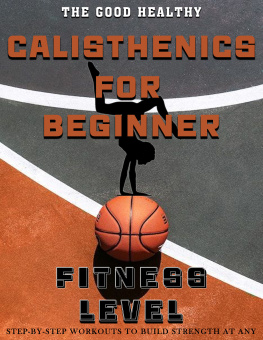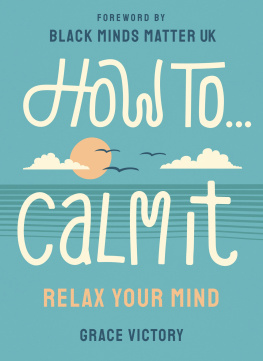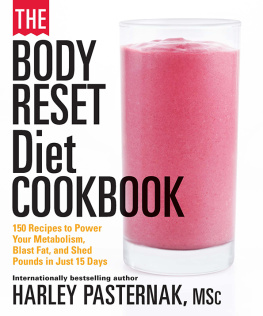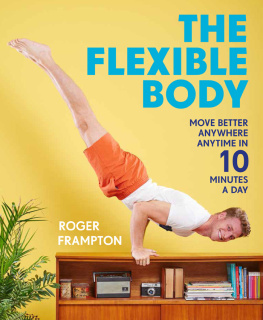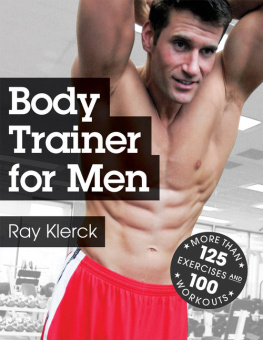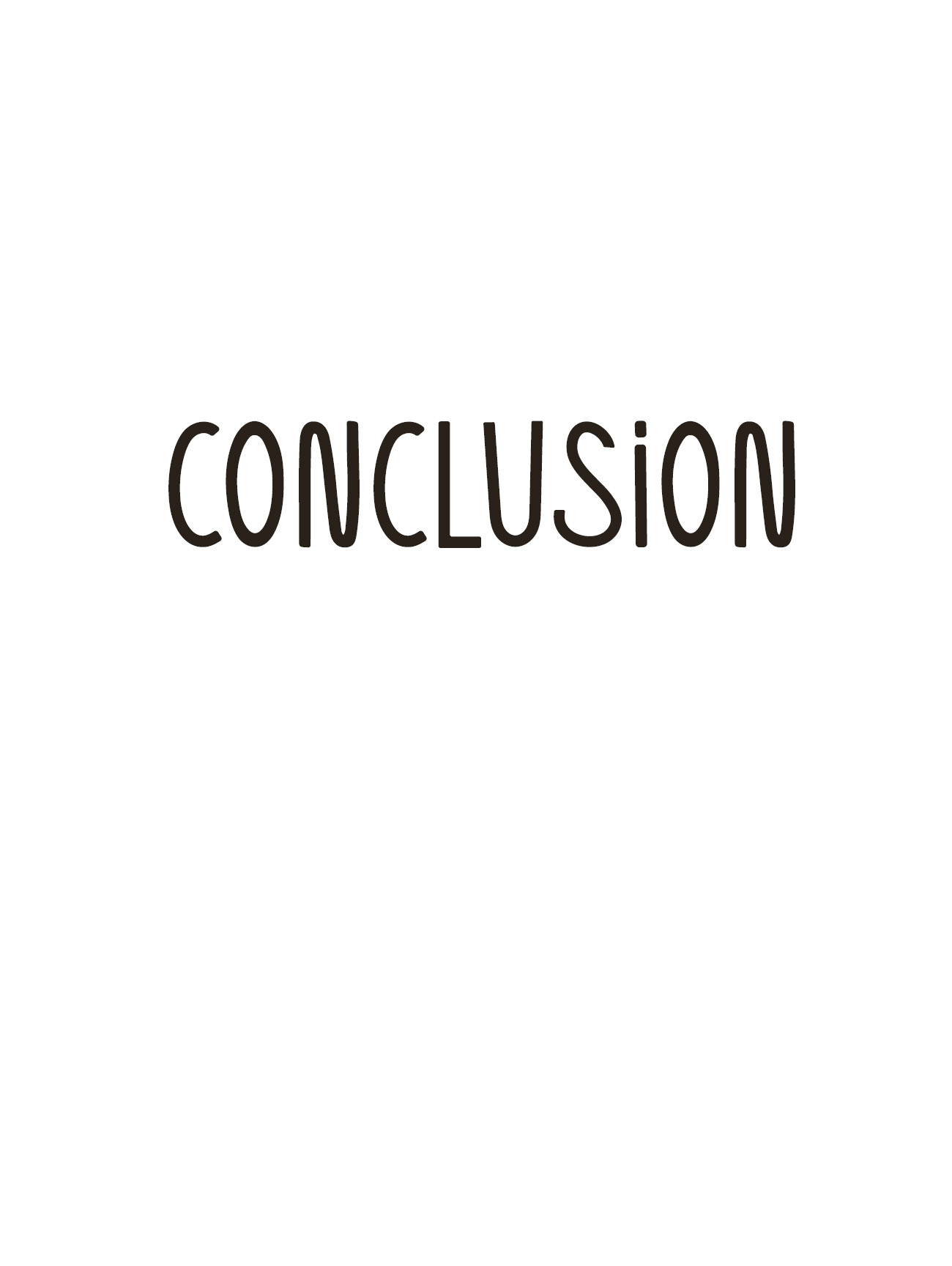
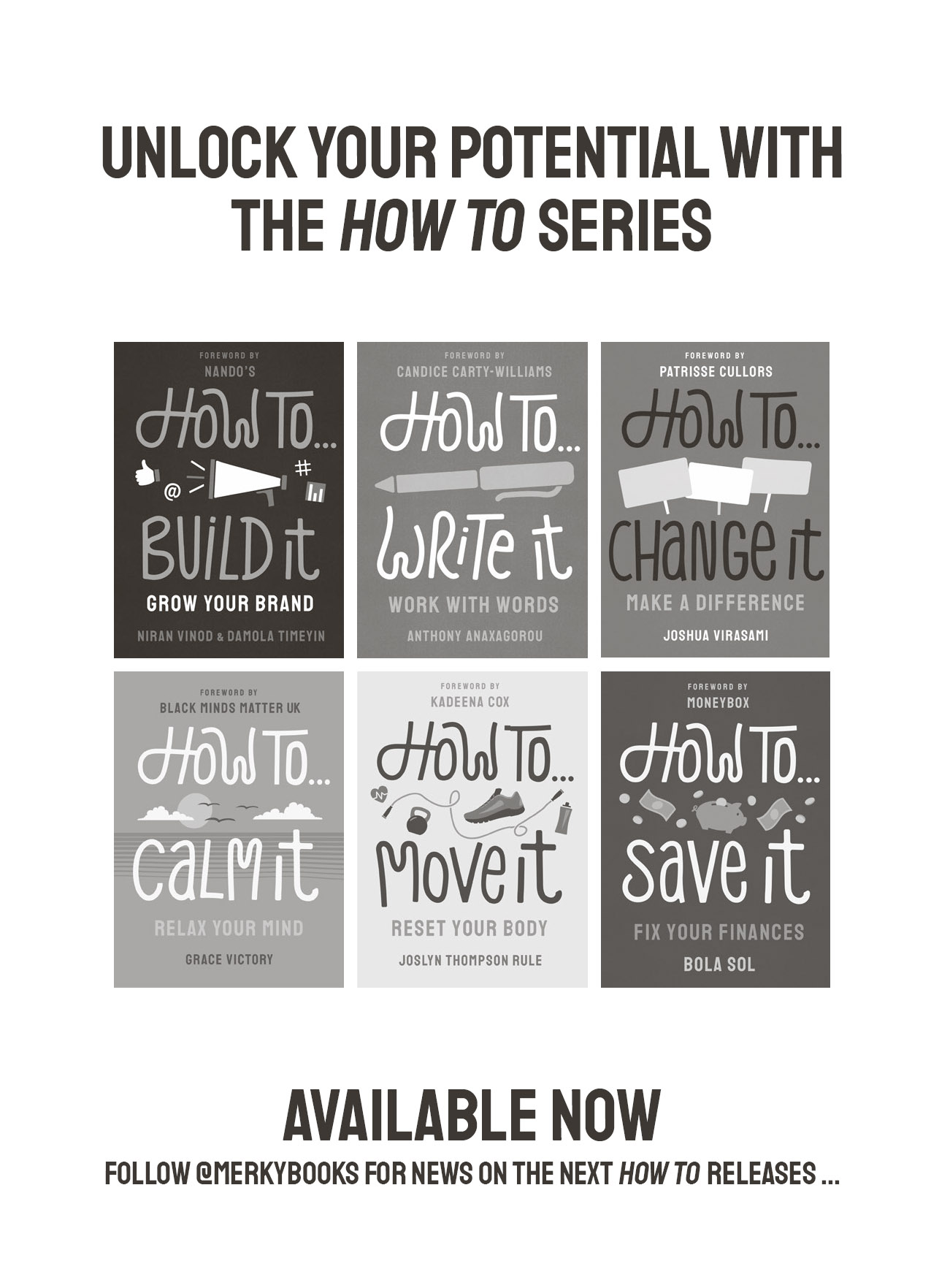
So thats it. All my feels on how to move it. I dont yet know anyone who has regretted adding more movement into their life, and I have witnessed many lives it has completely changed. But we have become so transfixed on what fitness means, concerning ourselves with the perception of it rather than what the reality is for us. Our reality. Our version of movement. For us. Its pretty special when we find it.
Whatever sporty thing you decide to do, remember, YOU HAVE GOT THIS! You know all the things, and you already do a lot of them. You have a body, so you are an athlete, remember! In case you ever forget, heres a quick check in:
- STAY POSITIVE Reframe those nagging thoughts that are telling you youre not capable of doing that run or lifting that weight. As Henry Ford famously said, Whether you think you can or think you cant, youre right. If you are having a bad day or feeling demotivated, read through and be amazed by the power of the mind. Yes, yours.
- START WITH THE BASICS That you already do. Can you improve the quality of your sleep? Breathe a bit deeper? Move around a little more? Great, youve already made the first step, and the most important thing is just to start.
- SET AN INTENTION FOR YOUR GOAL What steps do you need to take to get there? A play around with mobility? The bodyweight beginner programme? But dont get stuck in the planning stage take messy action, dive in and learn as you go.
- NOTE IT DOWN Reviewing any action you take, no matter how small, with a view to any improvements that could be made, will help you to navigate your training journeys better. And the simplest way to stay motivated is to track your progress.
- FIND THE FUN What would you love to do that you never felt sporty enough to do? Make an enquiry. Book it. Bring a friend.
If you made it all the way here, thank you for committing to moving better; it means the world to me and you wont regret a moment of it.
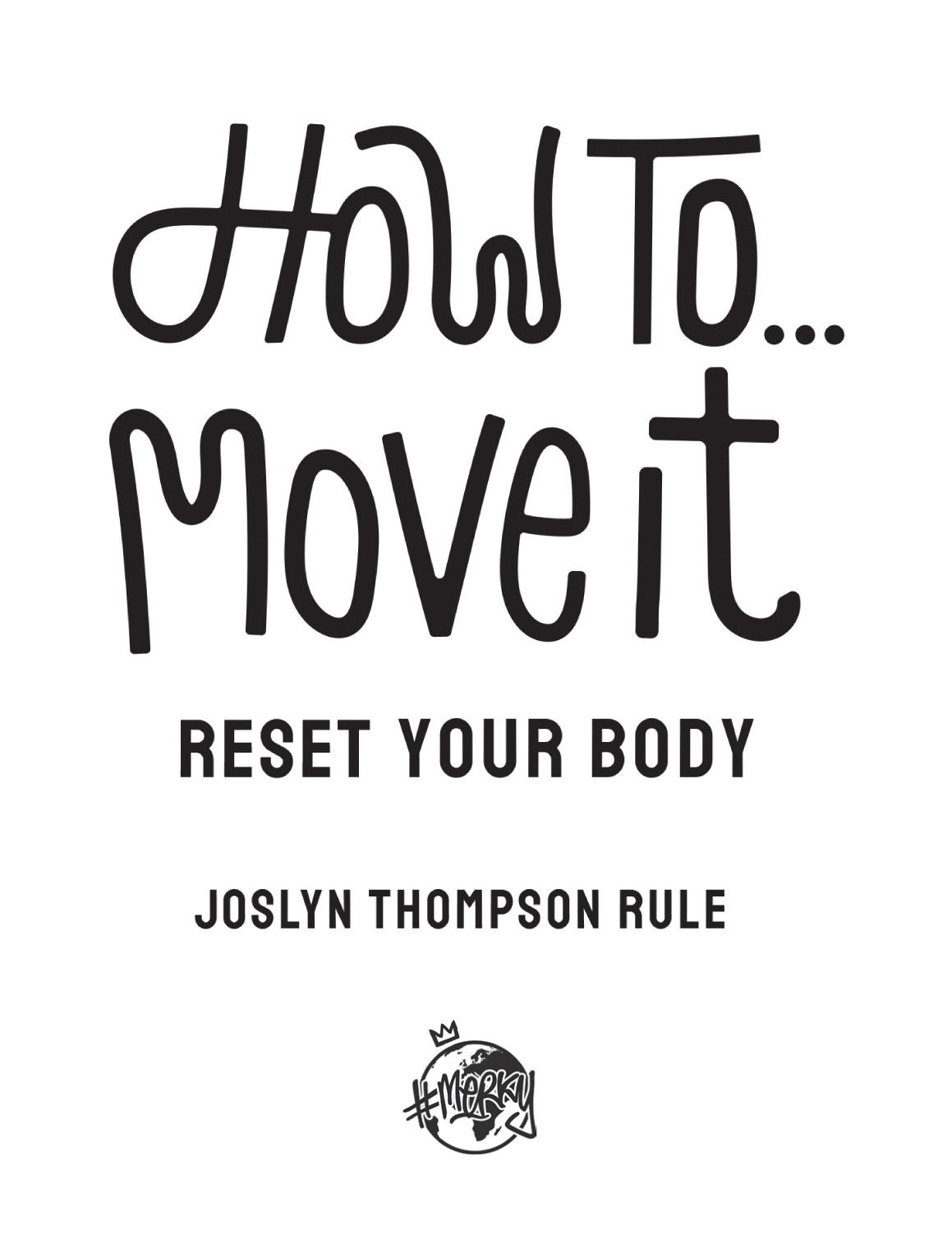
CORNERSTONE
UK | USA | Canada | Ireland | Australia
New Zealand | India | South Africa
Cornerstone is part of the Penguin Random House group of companies whose addresses can be found at global.penguinrandomhouse.com.

First published in the United Kingdom by #Merky Books in 2021
Copyright Joslyn Thompson Rule 2021
The moral right of the author has been asserted
Illustrations by Mica Murphy
Text Design Andreas Brooks
Jacket design by Andreas Brooks
ISBN: 978-1-529-11928-2
This ebook is copyright material and must not be copied, reproduced, transferred, distributed, leased, licensed or publicly performed or used in any way except as specifically permitted in writing by the publishers, as allowed under the terms and conditions under which it was purchased or as strictly permitted by applicable copyright law. Any unauthorized distribution or use of this text may be a direct infringement of the authors and publishers rights and those responsible may be liable in law accordingly.
To BJ, Bjorn and Max my three Kings

The concept of how to move it resonates with me so much because its all Ive ever known from the bow-legged baby who learned to walk at seven months, playing the game of how quickly can I escape my mother?, to the 23-year-old Physiotherapy student who had a stroke and was diagnosed with multiple sclerosis, then decided she was going to do everything in her power to get back into sport, and eventually become a Paralympic champion and world record holder on the track and in the velodrome. Movement is the basis of everything we do, and the freedom to move is a luxury we sometimes take for granted.
Growing up, sport was a huge part of my life. I was that girl. The one who was annoyingly good at every sport and who youd pick first to be on your team in PE. I played and participated in every sporting activity there was. Nothing was off limits. By the age of 21, Id spent ten years as a dancer, seven years as a hockey player and ten years as an athletics sprinter, all with some overlap. I was Yorkshire and Northern champion in athletics, a medallist at national championships, inter-county competitions and British University champs, and my dance troupe had won the Leeds West Indian Carnival prize. Alongside my three main sports of dance, hockey and athletics, I enjoyed trampolining, gymnastics, football, netball, plus any other sport I could squeeze into my packed schedule. And boy was it packed! My secondary-school hockey coach used to drive me to the bus stop after a match so I could get to my athletics training on time. It was a hectic schedule, but my mother supported my passion, acting as my personal cheerleader and at times my personal chauffeur too. I wanted to do so much more, and really felt as if I could, as the freedom to move and be active is what I lived for.
So, in May 2014 when I woke up, barely able to move the right side of my body and unable to speak without slurring my words, my whole world came crumbling down. Movement, being active, playing sport the things I loved and lived for were taken away from me just like that. At the time of my stroke, I was in the first year of my Physiotherapy degree at Manchester Metropolitan University and knew that our motor system part of the central nervous system was a critical part of our movement, as all movement is created by nerve signals. To even begin to recover, I knew I had to create a new relationship with movement. So, I took it back to seven-month-old Kadeena eager and determined to move and used that memory as my driving force forward, one step at a time. It started with smaller actions, and smaller goals from holding a fork to eat, or transferring my body out of my bed to a chair. These things were so big to me now, and losing the ability to do them seamlessly reminded me how much I loved the intricacies of the human body, how much freedom movement gives, and that I had something to fight for.
Then, just four months after my first stroke, I fell ill again. I woke up unable to move any of my limbs properly, I couldnt walk without support and I was in agonising pain. It was then that I was diagnosed with multiple sclerosis a chronic illness (meaning a lifelong condition) that can severely affect your brain and spinal cord, and impair your vision, arm and leg movement, sensation in your body, and balance. This time was most devastating. I was housebound for three months. I lost my independence. I lost all the gains I had made. I lost the ability to care for myself. I lost my motivation. During that time, my amazing mother was by my side and she stepped in to care for me, helping me wash and dress and making my meals.
My mother grew up in Jamaica, in a town called Rock Spring, in St Mary. Near her house there was a little stream that she used to run to, to bathe and wash her clothes. She was raised by her grandparents until she was a teenager and then came to live in Leeds with her mother, who had braved the journey to the UK on her own to start a new life. She has always been a vision of strength and independence for me, and the best role model I could have asked for. During this period, I drew on her tenacity as well as the strength Ive witnessed first-hand through the generations of my family from the ones who worked on the sugar cane fields in Jamaica, all the way down to my mother and aunts who are all nurses. Their dedication to keep pushing on always with a smile on their face, may I add combined with my faith in God is where my strength rose from in those very tough times.
Next page
